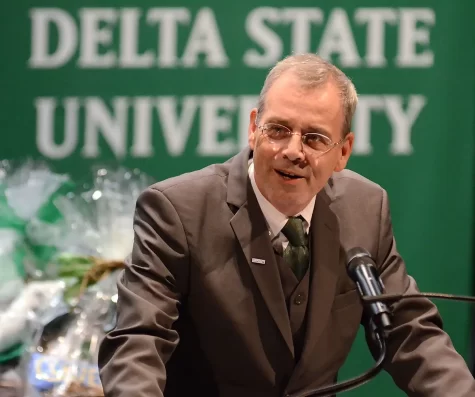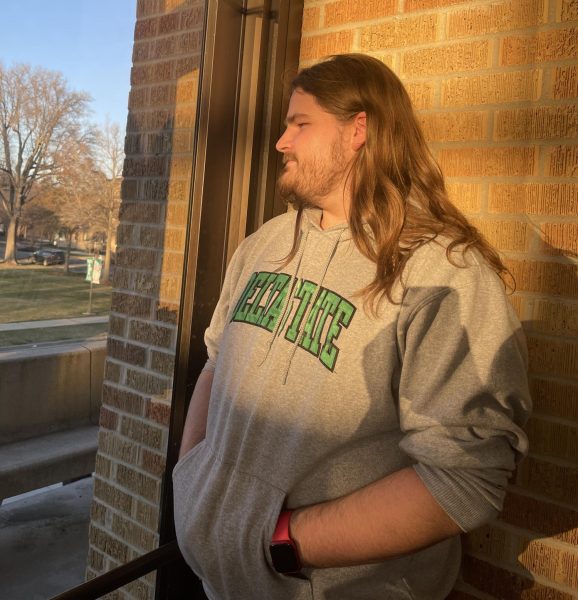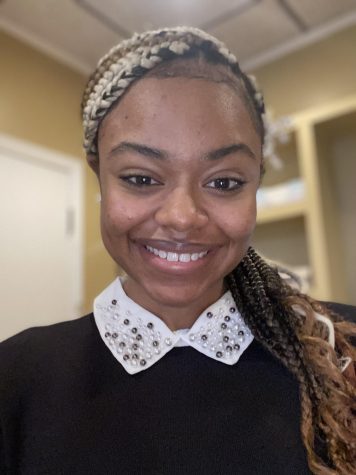
Delta State welcomed President Daniel J. Ennis with not just Okra and Statement pride, but also with an insurmountable amount of debt. This led President Ennis to make the tough decision to instigate budget cuts across the board.
According to Ennis at Jan. 23 campus Town Hall event, the school has been operating at $51 million but needs to function at $40 million. Budget adjustments happen frequently at colleges, organizations, and businesses.
Ennis created the Ad Hoc Committee on Budget and Sustainability (AHCBS) to “advise the university administration.”
Delta State’s Cabinet has approved the following AHCBS recommendations so far:
- A retirement incentive saving $3 million
- Deletion of open positions saving $438,000
- Reduction in salaries for executive, administrative, and managerial positions saving $250,000
- Reduction of professional non faculty salaries saving $750,000
With the arduous task to stabilize the university’s finances ahead of him, Ennis said cutting the budget may make him the “most unpopular president in Delta State’s history.”
“I don’t care as long as there is another president at Delta State,” Ennis added.
A Delta State Student’s Perspective: Small Department, Big Problems
Delta State junior and housing employee Payton Farrish said, “Ennis will be remembered for something and only time will tell what.”

Farrish, a criminal justice major, believes that budget cuts are necessary at times for the betterment of any organization or institution. He understands the great task that Ennis has and praises his efforts. Delta State needs stabilization efforts in order to grow, which is what Farrish believes Ennis is doing.
According to Farrish, the budget cuts are necessary. However, the budget cuts have affected his course schedule.
Farrish stated, “I had already pre-registered my classes for the spring semester; however, I got an email on December 21st 2023 stating that my class was canceled, and I needed to find a new class.”
On January 3, 2024, he received another email stating the same thing about another class.
Farrish mentioned that most of the electives for his courses were cut. However, his advisor, Dr. Donna Ossorio, was able to make substitutions for his electives. Therefore, he is taking classes that he says “are not necessarily fitting for his major, such as Religion in U.S. History.”
In a bittersweet way, he has taken most of the criminal justice electives offered, so he’s left with finding alternatives that may not always seem relevant.
Farrish’s biggest concern is that smaller academic departments are losing classes which affects students that are not in “popular” departments on campus. He fears that the next cut will be the criminology major.
He says, “don’t let the [budget] cuts cut the quality.
“Farrish: The Man With A Plan”
Farrish stated that the mis-distribution of funds and budget over estimating during previous administrations could have led the university into financial debt. He noticed that some departments had more funding than others, but could be attributed to grants awarded to academic departments.
“If you aim for the stars and you miss it now you’re sinking. However, I’m hopeful about this administration, and Delta State is grateful for donors and sponsors!” said Farrish.
President Ennis said that, “Delta State’s location in Cleveland puts it in a kind of double-bind: It exists to serve the Delta, but there are increasingly less people in the Delta.”
Therefore, Farrish stated that there should be reconsideration about the marketing strategy for Delta State.
Farrish acknowledged that in its prime Delta State targeted the Delta, but younger generations are leaving the delta due to lack of opportunities. He noted that the out-of -state tuition is an attention grabber to not just delta residents but anyone interested in receiving higher education at an affordable cost.
Farrish stated, “Stop targeting just the delta, reach out to not just Mississippians, branch out and market better!”
He also recognized that Delta State could optimize its assets by opening up a forensic science lab right on campus to analyze findings instead of sending evidence to the central location for examination, Jackson.
Farrish said, “It could be a big boost for Delta State that won’t just benefit criminology majors, but possibly the state of Mississippi. Delta State is a beautiful campus with a lot of potential; we just have to do a better job of capitalizing off of what we have and revising our strategies for presenting Delta State to the masses.”
“Statesmen For Life”
Farrish praised Dr. Ossorio for her efforts in getting him into additional classes and honors her dedication and commitment to student success. Nonetheless, Farrish knows that the stabilization is necessary for the betterment of the university, it’s just a tough reality that he and other peers are experiencing in smaller departments.




